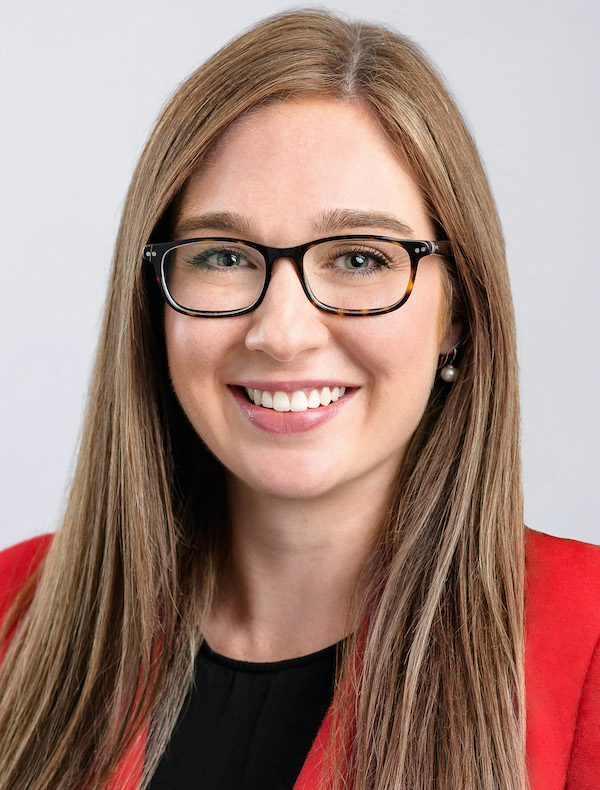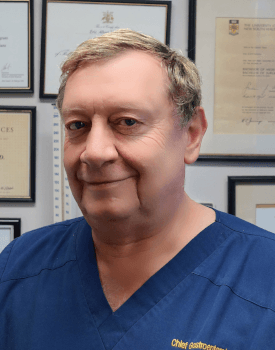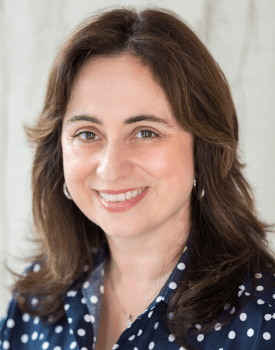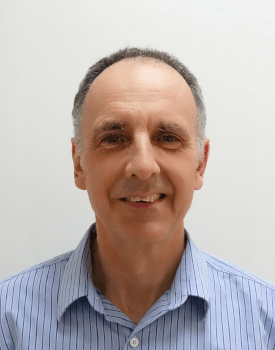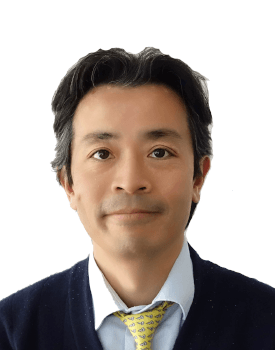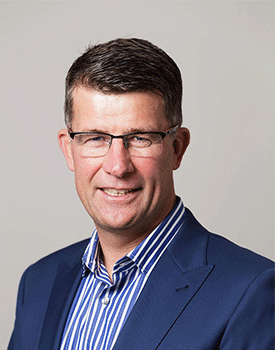Gastroscopy
General Gastroscopy (and Endoscopy) Information
ENDOSCOPY / GASTROSCOPY INFORMATION FOR PATIENTS & CARERS
Read this pamphlet very carefully, and ask your Specialist to explain if you have any questions. If you are unsure about any of the instructions, please ring the Clinic & speak to the Nursing staff on Tel: (02) 9369 3666
WHAT IS A GASTROSCOPY / ENDOSCOPY?
Gastroscopy or Endoscopy,refer to the same procedure.
The test involves swallowing a small flexible tube that allows the specialist to examine the upper intestinal tract, which includes the oesophagus (gullet), stomach, and duodenum.
The procedure is commonly performed to evaluate the following: persistent nausea and vomiting, upper abdominal pain, heartburn or acid reflux symptoms, gastrointestinal bleeding, difficulty swallowing. During the procedure biopsies (small tissue samples) can be taken to assist in confirming your diagnosis.
Consent form
If you decide to have the procedure you will need to sign a consent form. Before signing, read it very carefully.
MEDICAL HISTORY
Fully disclose any health problems you may have had because some problems may interfere with the procedure, anaesthesia or recovery. This information is confidential. Document on your Medical History form and inform your Specialist if you have had any of the following:
An allergy or bad reaction to anaesthetic drugs, antibiotics, rubber/latex or any other medication, Diabetes, Prolonged bleeding or excessive bruising, recent or long term illness, endocarditis (infection inside the heart), artificial heart valve, significant heart problem recent artificial joint surgery, substance use, mental health issues, damaged teeth (loose or broken teeth) or poor dental hygiene.
MEDICATION
Document on the Medical History Form ALL medication you are taking or have recently taken. Including medicines & herbal medicines bought “over the counter” without prescription.
Stop Fish Oil / Krill tablets x 1 week prior to procedure. If you take blood thinning / anti coagulants or aspirin you should consult the physician who prescribed the medication for additional advice & inform the clinical staff on the day. Take your regular medication on the day, with a sip of water on the day of the procedure.
INSTRUCTIONS FOR PATIENTS WITH DIABETES:
If you are a Diabetic, ensure you have an early morning appointment and bring your medication (tablets / insulin) with you. Check your blood sugar level in the morning. If you are on a diabetic diet alone without medication there are no special instructions.
PREPARATION
You must have nothing to eat for six (6) hours before the procedure is done.
However, you may drink WATER only up to 2 hours prior to your admission time, to a maximum of 200mls per hour. NB: Adjust fasting time if your admission time is changed.
SEDATION
Patients are given a short acting anaesthetic/sedative into a vein to help relieve any discomfort during the procedure. Usually the gastroscopy is well tolerated, and pain is uncommon. . In accordance with NSW Health Department Directives & Anaesthetic guidelines You must have someone to accompany you home or your procedure may be cancelled.
THE PROCEDURE
A plastic mouthguard is placed between your teeth to prevent damage to your teeth and the scope. If you have any loose or damage teeth, or concerns about crowns, veneers etc, please inform the admitting nurse and the anaesthetist.
AFTER THE PROCEDURE / RECOVERY
Following the procedure you will remain in the recovery room for one to two hours until the effect of the sedation wears off. You will be given Coffee/Tea and sandwiches when awake & alert. If you have any special dietary requirement e.g. Coeliac, Kosher – bring a snack for afterwards.
The Specialist will see you before your discharge and you will be given a verbal & written report. In addition, a report will be sent to your referring doctor.
DISCHARGE
Remember to bring a contact telephone number for your escort. Due to the sedation given it is very important that you do not drive a car, travel on public transport alone, operate machinery, sign legal documents or drink alcohol on the day of the test, and you should not return to work until the next day. You should return home, rest quietly, and resume a normal diet. You will be given “Discharge Instructions” for you & your carer with details of follow up & possible side effects.
POSSIBLE COMPLICATIONS
Gastroscopies are generally safe procedures but do have risks. Despite the highest standards of endoscopic practice, complications can occur. Complications are more likely if a therapeutic procedure (removing a gastric polyp, dilating an oesophageal stricture) is performed. National statistic evidences a complication at 1: 1,000 patients. However our statistical data show a significantly lower incidence. The following complications are listed to inform you and not to alarm. Perforation (1:10,000) or Excessive bleeding (1:10,00) is an extremely rare complication. This will require hospitalisation, antibiotics and a blood transfusion may be necessary. Aspiration pneumonia: (1: 5,000) a patient may inhale some contents of the stomach during the procedure. This may cause a lung infection that may require hospitalisation and antibiotics. Damage to teeth may occur when a person with capped, loose or teeth in poor condition get damaged. Although we make every effort to protect your teeth, such damage can occur.
AFTER DISCHARGE
If you have any of the following symptoms: severe chest or abdominal pain, breathing difficulties, spitting up blood, black motions, persistent or increase in bleeding, weakness or dizziness, fever over 38 C or shivers & chills or other symptoms that cause you concern in the hours or days after a gastroscopy you should immediately contact the Clinic, your Specialist or if overnight, attend your local Accident & Emergency Hospital
INFECTION CONTROL
Infection control guidelines set by the Gastroenterology College of Australia, NHMRC, Standards for Australia and the NSW Health Department are strictly observed.
COMPLAINTS/ SUGGESTIONS / COMMENDATIONS
Please contact the Quality Manager, Director of Nursing or Practice Manager if you have any concerns, problems or suggestions during your stay. If you wish to lodge a complaint contact any of our staff for a complaints form and post to “Quality Manager”
OUR SPECIALISTS
SERVICES
OUR ADDRESS
| Level 10 & 11, 1 Newland Street Bondi Junction NSW 2022 |
| Level 10 : Procedures |
| Level 11 : Consultations |


